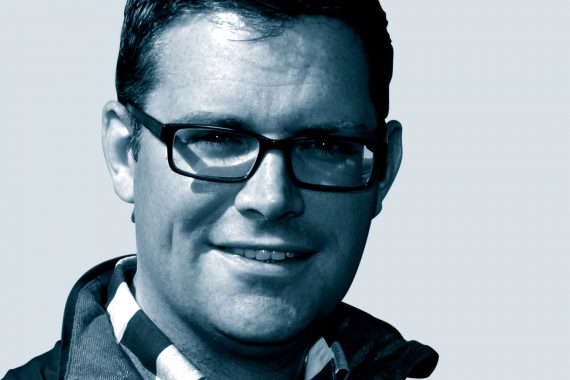‘What advice would you give to your former student self?’ And so concluded my interview from Lara, Zeyar and Faseeha – three second year medical students from Glasgow University, visiting for the day to produce a video about the job of an island GP.
The enthusiasm from undergraduates, untainted by scepticism and experience, is a major reason why our whole practice team values having medical students join us for their placements. We aim to provide a number of open electives, as well as several formal placements for Glasgow, Dundee and London universities. Our motivation to continue these is easy to derive from the feedback we generate.
There is an absolute obligation on us all to provide these opportunities where possible, if we are to inspire the next generation.
However, like many rural practices, there is no shortage of applications to experience the delights of generalism. One of the most frustrating observations from the last year is the fact that we have had to turn down over eighty applications for electives – most of which have been from the UK. We simply can’t take them all, and yet unfortunately there is no alternative route for students to follow, other than individually applying to another practice.
I used to forward these enquiries to confreres in other parts of rural Scotland. However, they are all experiencing similar saturation levels, or indeed have reached the point that ‘nice but unresourced’ work such as elective placements are simply too difficult to justify amongst other rising pressures.
And yet we know that undergraduate experience works. It’s evidence based, by the World Health Organisation no less, that providing general practice experience to students – particularly rural practice – sparks the tinder of realisation that generalism offers some of the most challenging, rewarding and stimulating medicine. So much so that the experience is heavily influential on choosing a generalist career later on.
So it pickles me to wonder why we haven’t already made it easier – at a national level – to ensure that we inspire the next generation of GPs with the experiences they’re asking for. It will need leadership, money and co-ordination, but in return we could crack one nut that the sustainability of general practice will depend on. We can build on all the fantastic work going on already in university GP departments to help students see a bright side of medicine.
Thinking back to my own student days, I found myself repeating advice that I had received whilst a student in Stornoway: ‘Seize every opportunity. And never lose sight of the diagnostic power contained within your patient’s story combined with sound clinical examination.’
With the interview concluded, I can only hope that their interest in generalism has been sparked like mine was – wherever that may lead them.
Dr David Hogg is a GP on the Isle of Arran, Scotland. You can follow him on Twitter @davidrhogg
Pulse October survey
Take our July 2025 survey to potentially win £1.000 worth of tokens












